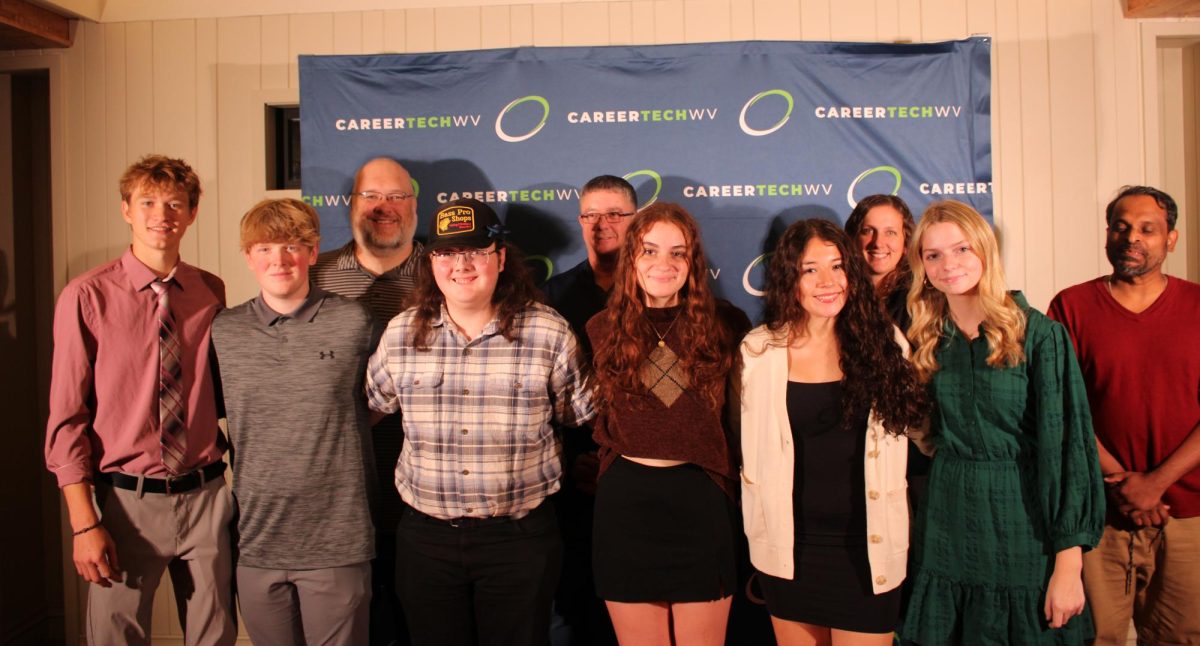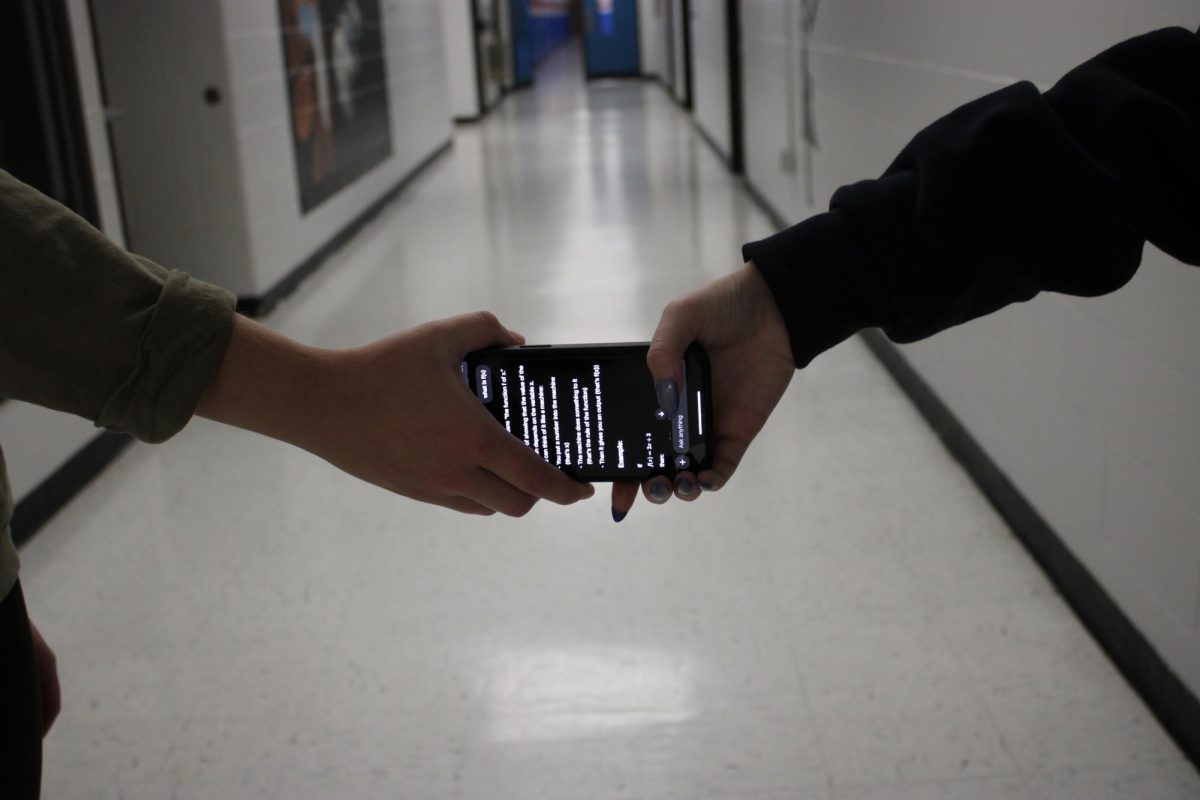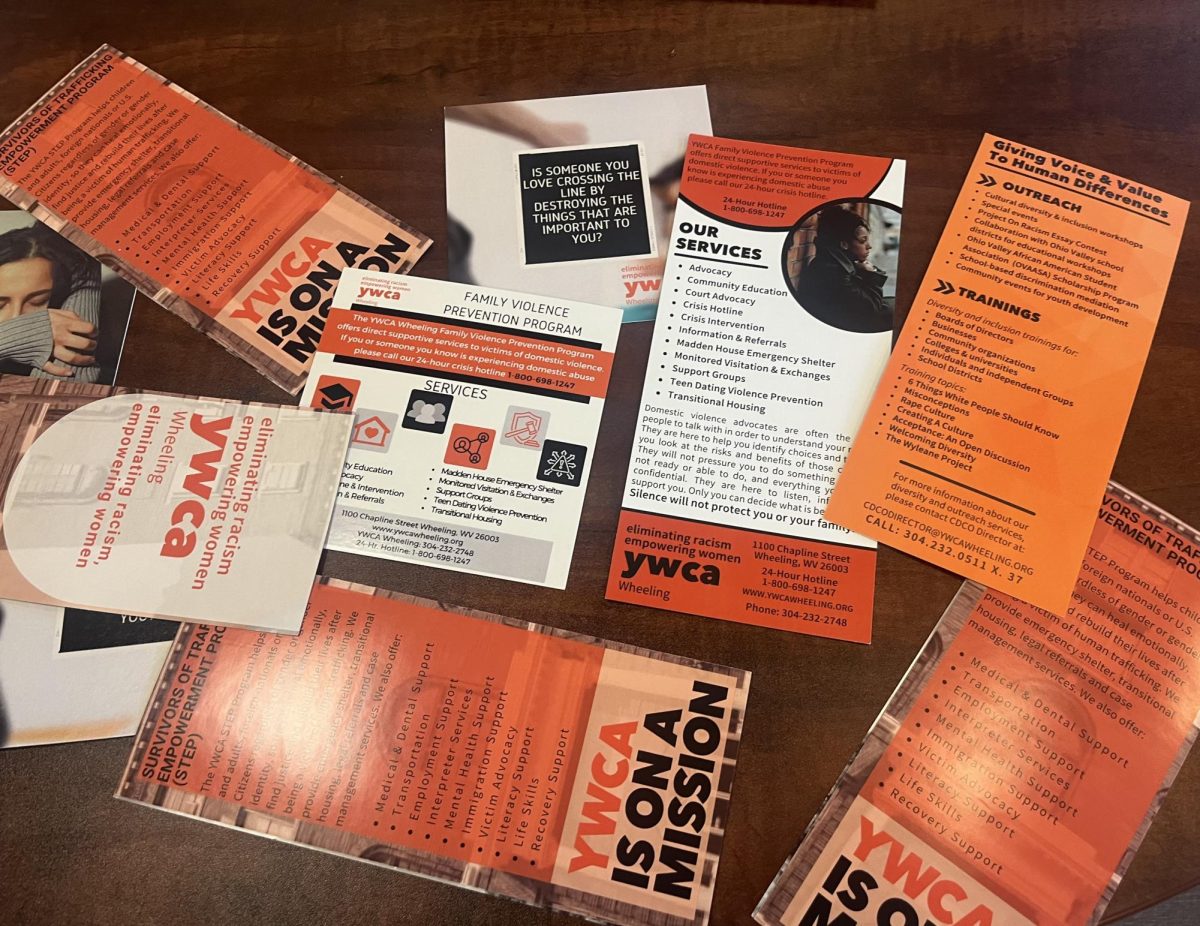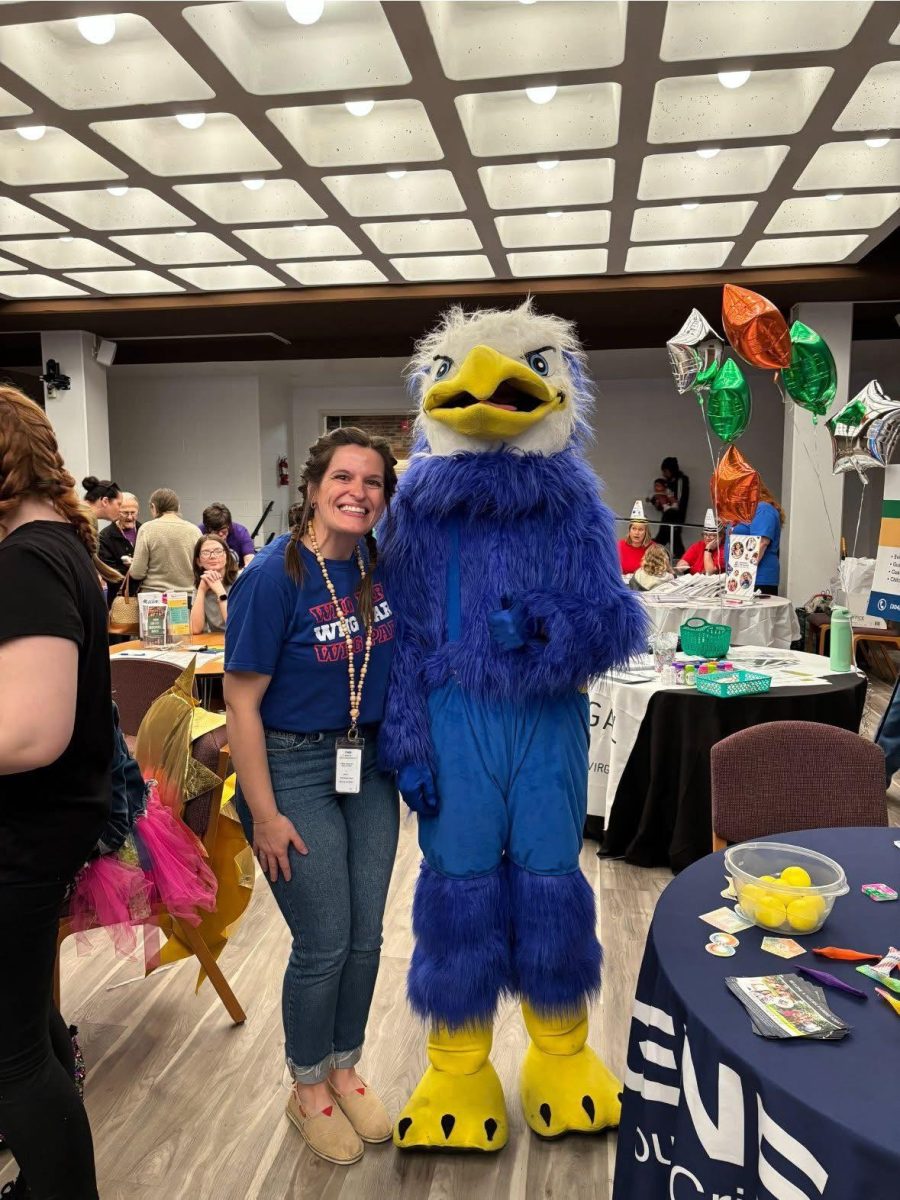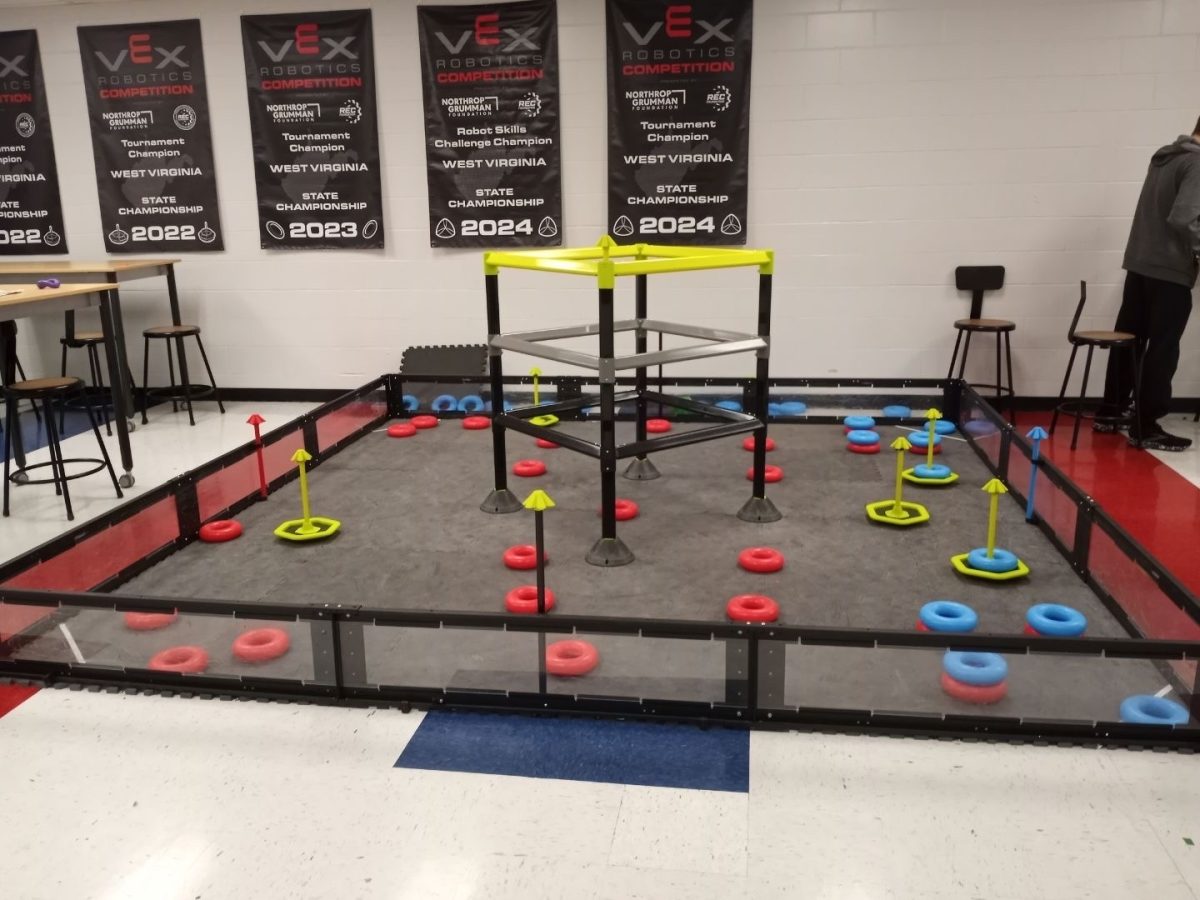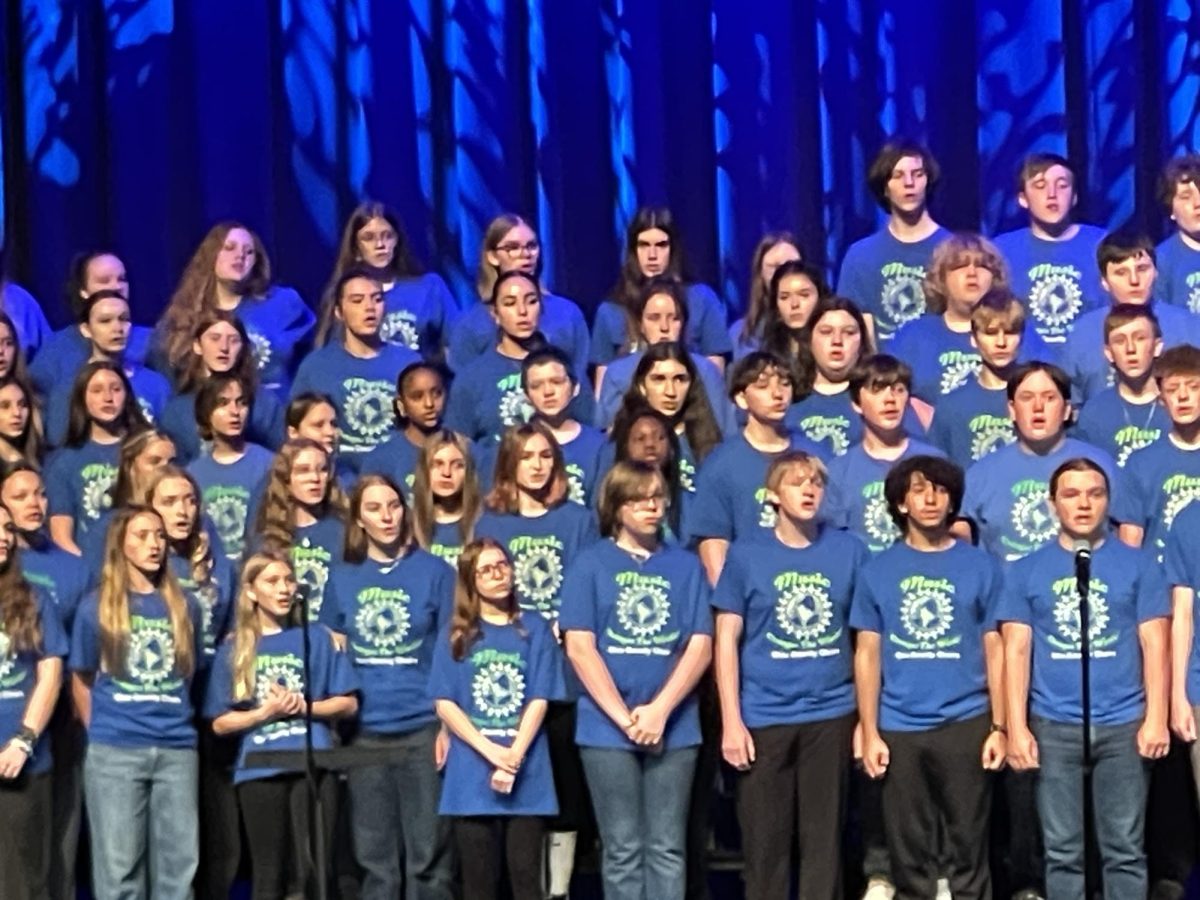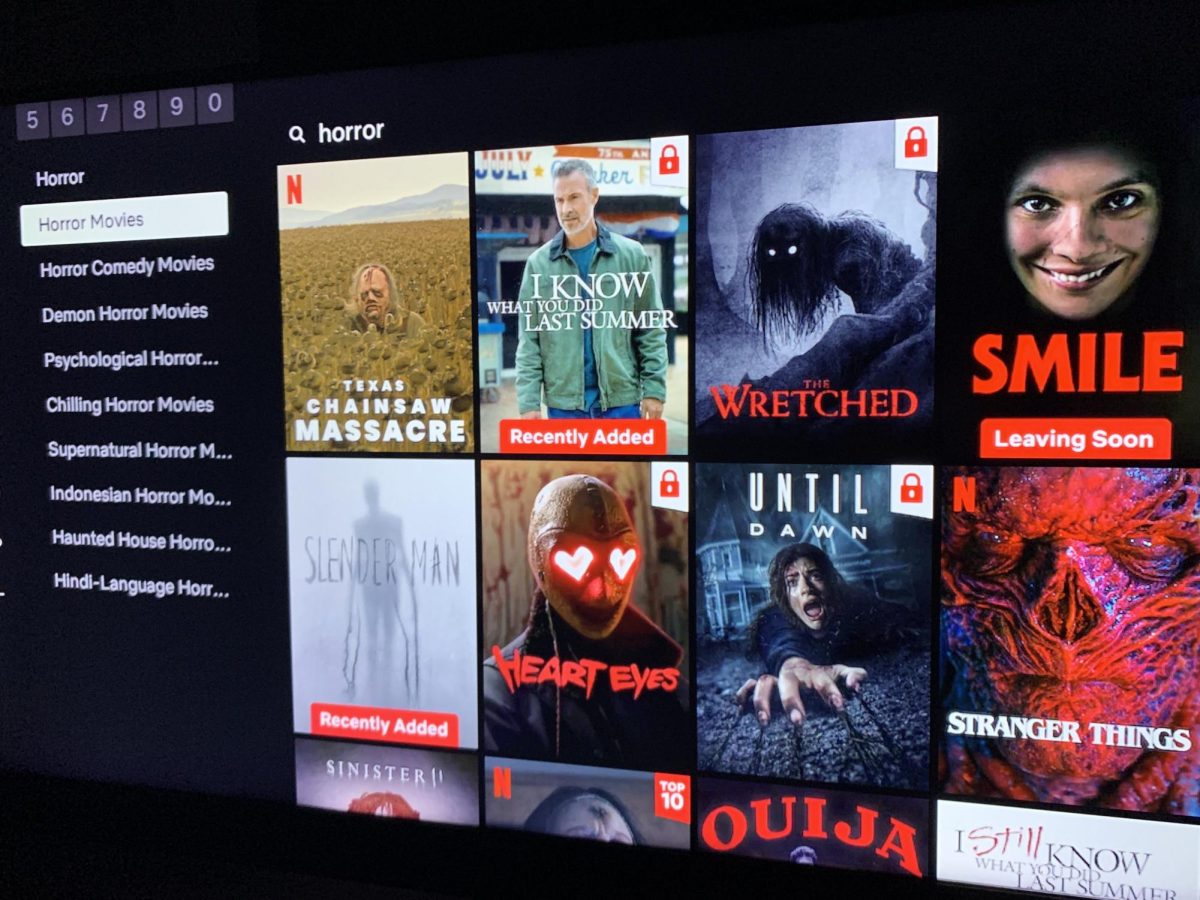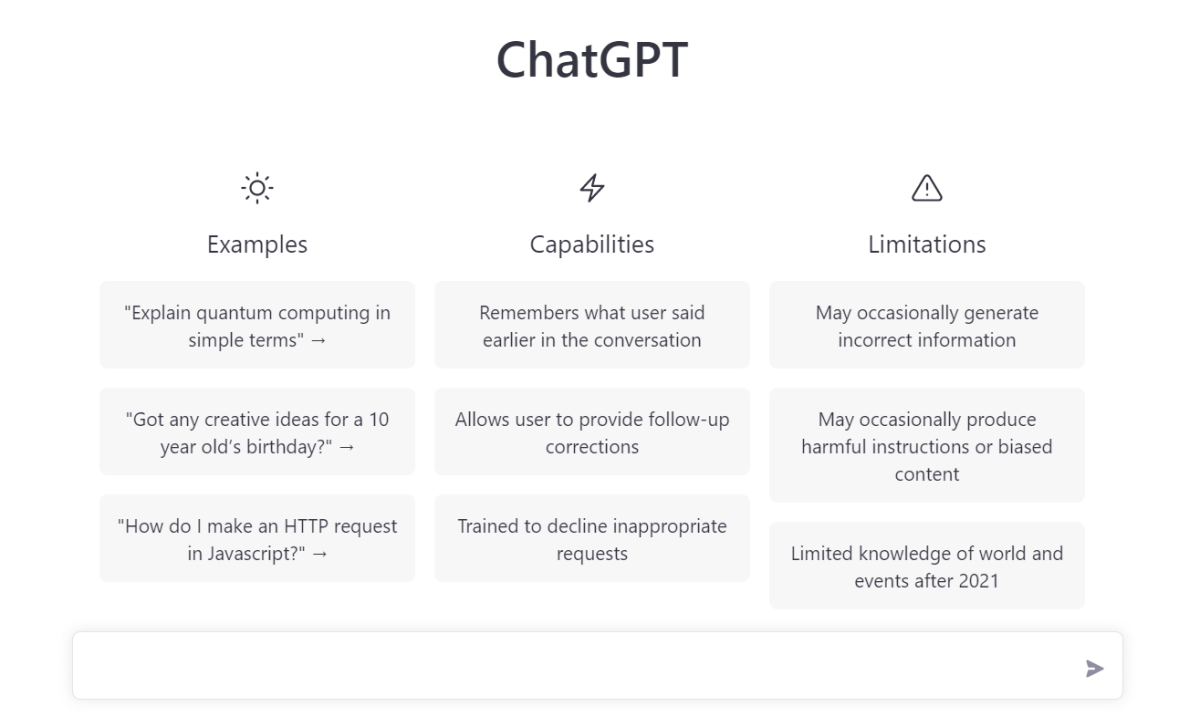With the first semester wrapping up, heaps of essays are being graded in classes all over the school. However, many students have begun using AI to write essays for them rather than putting in the effort themselves.
“I think it’s a bad habit. The problem with AI is that it’s quick,” Jamie Johnson, an English teacher at Wheeling Park, said. “I have found in 18 years of teaching that students don’t understand that sometimes they do need to struggle, especially when it’s a matter of thinking to get information in a coherent way on the paper.”
Mrs. Johnson teaches English 11 AP, English 11 Regular, English 12 Honors, SAT and ACT English Prep, a Shakespeare elective, and a Gothic Horror elective.
“I don’t mind using AI in certain situations, to bounce ideas, to help with brainstorming,” Mrs. Johnson said. “The problem with AI is that it sounds good when they write an essay, but it’s beautiful nonsense. It’s a word salad. You’ll end up with something that sound very poetic that means absolutely nothing.”
Not only do students have the option to use AI to complete their essays, but there are some programs out there that will grade essays and give feedback. Writable, one of the writing software Mrs. Johnson uses, has this option.
“I hate it,” she said. “AI can’t analyze. They’re looking for buzzwords, they’re looking for grammatical stuff. It’s good at grammatical stuff and structure. Microsoft Word does that, Office Documents do that, Grammarly does that. I don’t mind that. What bothers me is when you take the humanity out of teaching… I cannot, as a teacher, let AI do the instructing for me, because then what am I there for?”
Jackie Shriner, an English teacher at Wheeling Park, said, “If we’re using it to improve writing skills, then there’s a place for it. Our issue is that in this time and place, students are using it to do the writing.”
Mrs. Shriner teaches English 10 Regular, as well as the Fantasy Fiction elective. She asks her students to download Grammarly, a software that checks grammar, spelling, and even makes suggestions about how to improve writing.
“I think it’s a great resource, and that’s AI,” Mrs. Shriner said. “There’s a Google verse-to-verse, and it’s having students come up with a line of poetry, and then it creates more poetry and more lines… and that’s based on different poets and styles so you could delve into that style and talk about that and how your poem fits and do some analysis.”
Mrs. Shriner said that the teachers “do, in a way, use AI… we use turnitin.com. It gives students suggestions for improvement. Years ago, when we did the state writing test, AI graded that paper… So we need to embrace it in more of a form than what we are now, which is almost nothing. That’s the issue, I see. There are good programs we could buy out there, and there’s a list of them somewhere that we could use in classrooms.”
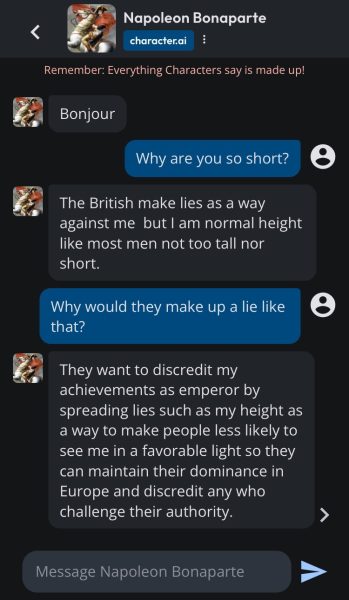 Brian Leggett, who oversees technology integration in the Interactive Learning Center, said, “I think it’s something that has developed and come very quick. It’s everywhere in the world right now, and it’s being used in a lot of different ways, and I think it’s great for education when it’s used in the right ways… For students, there are all kinds of things to where they can have talks with historical AI robots and do different things.”
Brian Leggett, who oversees technology integration in the Interactive Learning Center, said, “I think it’s something that has developed and come very quick. It’s everywhere in the world right now, and it’s being used in a lot of different ways, and I think it’s great for education when it’s used in the right ways… For students, there are all kinds of things to where they can have talks with historical AI robots and do different things.”
Wheeling Park currently does not have a policy against students using AI. “We go with plagiarism and things like that,” Mr. Leggett said. “AI’s changing so quick and it’s come so far this year. I do see us having a policy in the future.”
The English department has caught numerous students using AI to write their essays entirely, and while the teachers were not allowed to disclose details about the incidents, Mr. Leggott said, “That is definitely something we’re looking into; getting students to be more creative, but also making sure that the thoughts and work is coming from them.”
AI has grown phenomenally since it was first released to the public, and it doesn’t show any sign of stopping. “I think it’ll just keep growing and growing,” Mr. Leggott said. “It’s just the tip of the iceberg right now. I think five years from now, it’s totally going to change the way we do things and our process and our thinking on things.”

